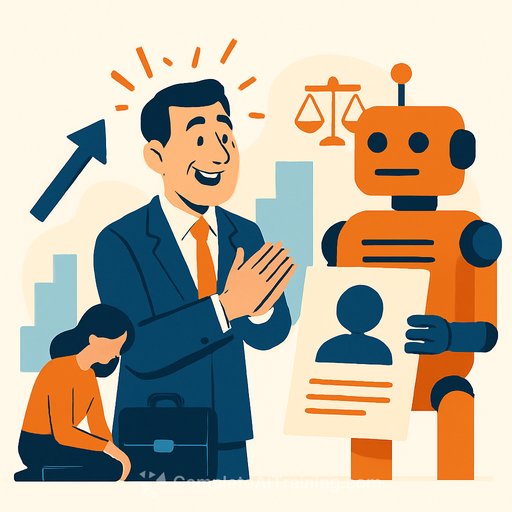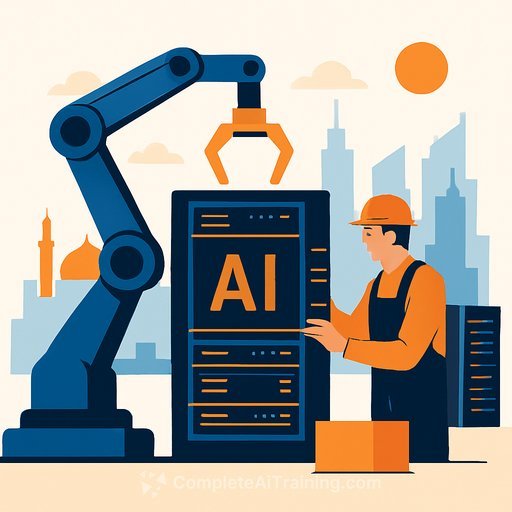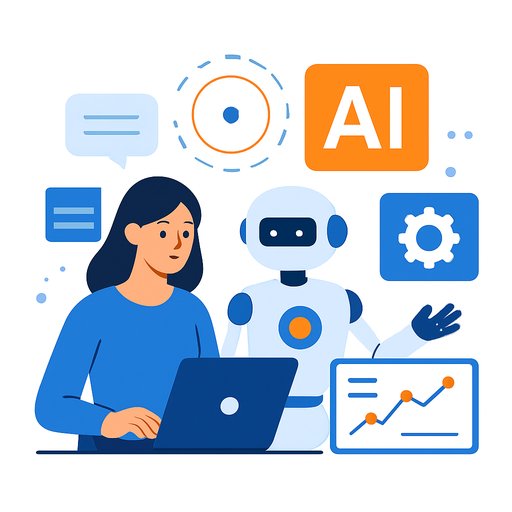The Boastful Rhetoric of AI Efficiency
Corporate leaders are increasingly framing artificial intelligence as more than just a tool for improving efficiency—they’re presenting it as a strategic lever to reshape their workforces. Recent earnings calls reveal CEOs openly celebrating job cuts driven by AI, presenting them as victories of innovation rather than necessary responses to economic pressure. This marks a clear shift from the usual cautious or regretful tone companies once took when announcing layoffs.
Tech giants like Intel and Microsoft have been vocal about AI’s role in streamlining operations. Reports show that over 130,000 employees were let go across Silicon Valley companies in 2025, with executives positioning these reductions as smart investments. The message to investors is clear: leaner organizations powered by AI promise greater profitability and increased shareholder value.
Balancing Fallout and Investor Appeal
The reality behind these AI-driven layoffs is more complex. While AI contributes to workforce reductions, other factors like overhiring during the pandemic also play a significant role. CEOs are leveraging the AI narrative to boost confidence on Wall Street, where streamlined operations often translate into better margins.
Salesforce CEO Marc Benioff has questioned peers on the specifics of their AI implementations, suggesting that while AI enhances human capabilities, the scale of mass displacement might be exaggerated for effect. Critics warn that this enthusiasm overlooks challenges such as skill gaps and morale issues among remaining staff. Recent cuts at companies like TCS, Microsoft, and Intel highlight how AI is reshaping roles in coding and management, but experts caution that workforce adaptation is essential to prevent wider economic disruptions.
Ethical Questions and What’s Next
The trend raises ethical concerns for corporate governance. Some CEOs openly express excitement about replacing staff with AI, often without apparent remorse. This attitude contrasts with voices like Elon Musk, who warns about negative population trends even as AI threatens entry-level jobs.
Looking forward, industry experts expect a shift toward more balanced approaches, including robust reskilling programs. AI will likely continue to raise salaries for specialized talent but demands proactive strategies to address unemployment risks. For now, the loud CEO chorus celebrating AI-driven cuts signals a bold era in corporate change—one where the promise of technology often overshadows its risks.
- For executives seeking to understand AI’s impact on workforce strategy, exploring practical AI courses can provide valuable insights.
- Staying informed about AI tools and certifications is critical—see AI automation certification options for upskilling leadership teams.
Your membership also unlocks:





AI Capex on the Hot Seat: Apollo Exec's No Comment on Vendor Financing and Capex Recycling Stirs Transparency Debate